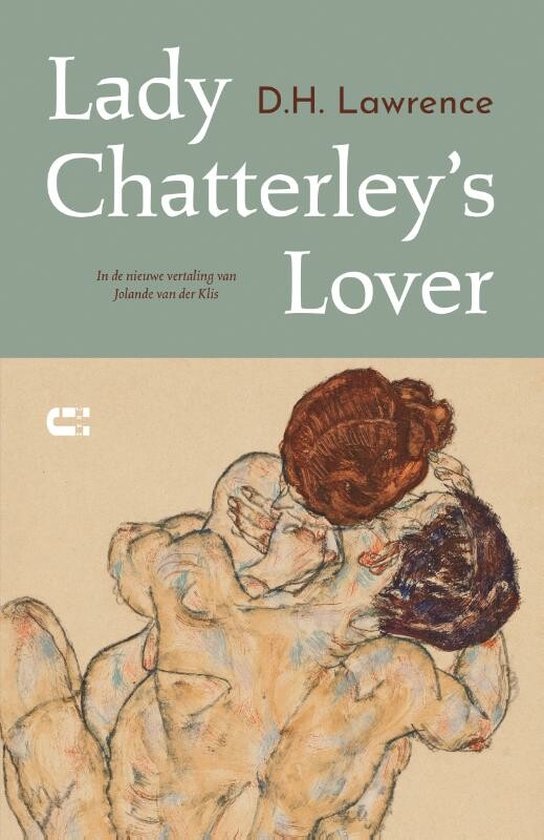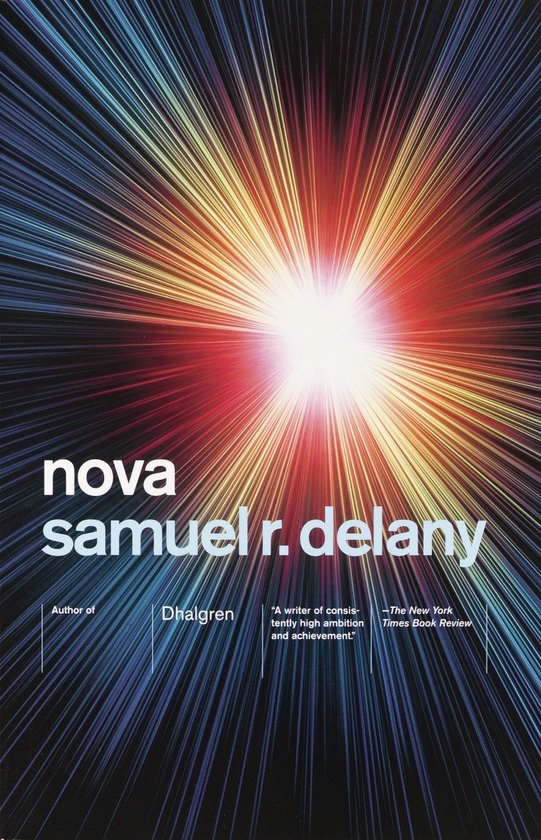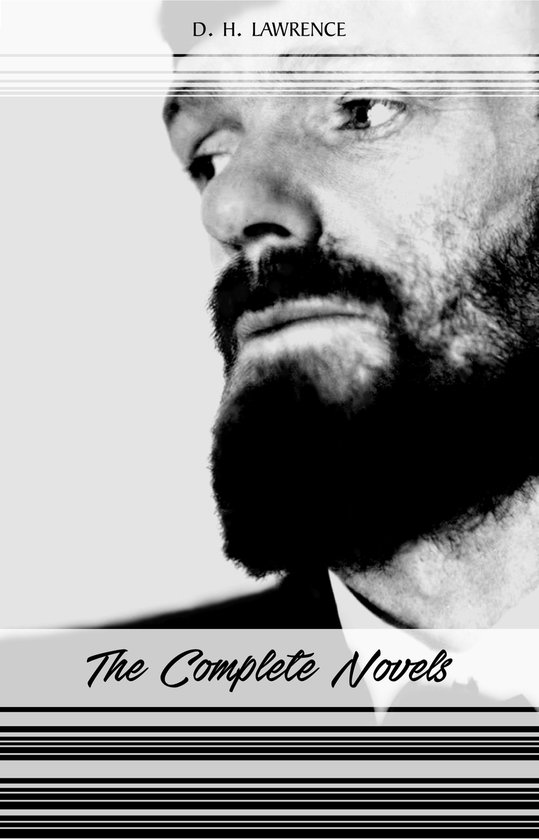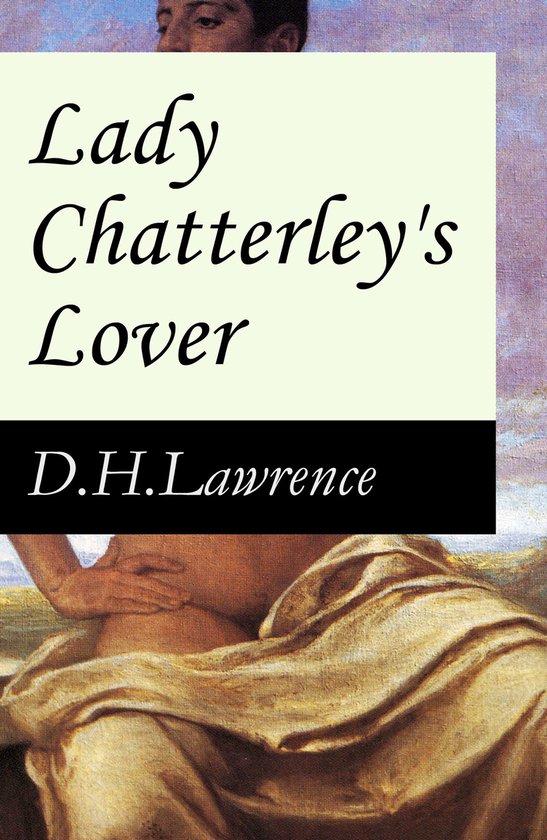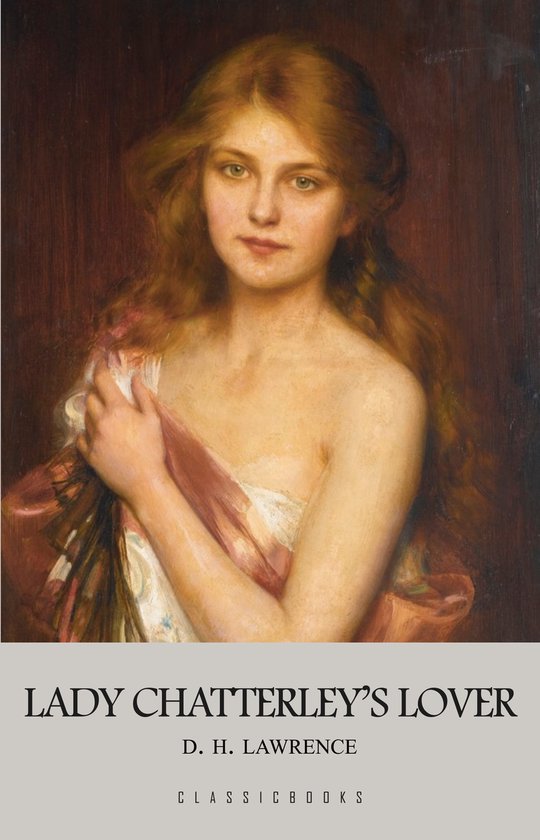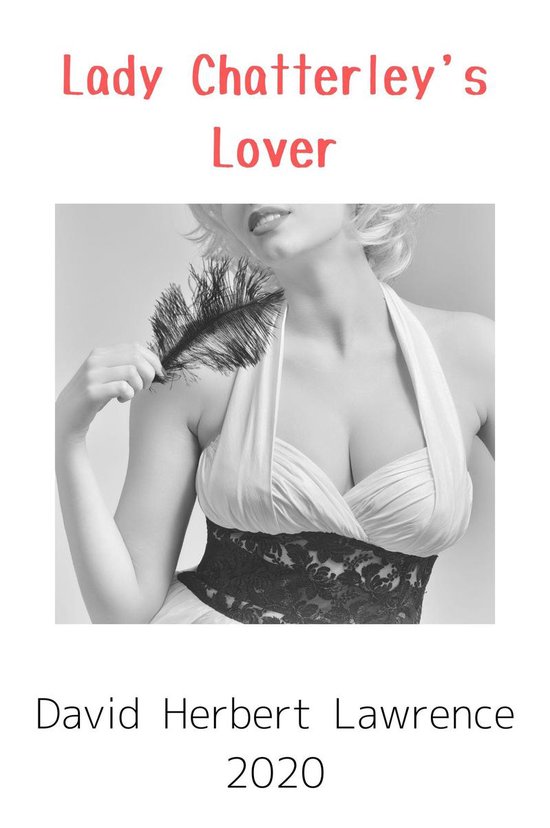
Lady Chatterley's Lover
“A woman has to live her life, or live to repent not having lived it.”
“We've got to live, no matter how many skies have fallen.”
“Perhaps only people who are capable of real togetherness have that look of being alone in the universe. The others have a certain stickiness, they stick to the mass.”
Ours is essentially a tragic age, so we refuse to take it tragically. The cataclysm has happened, we are among the ruins, we start to build up new little habitats, to have new little hopes. It is rather hard work: there is now no smooth road into the future: but we go round, or scramble over the obstacles. We've got to live, no matter how many skies have fallen.
This was more or less Constance Chatterley's position. The war had brought the roof down over her head. And she had realized that one must live and learn.
She married Clifford Chatterley in 1917, when he was home for a month on leave. They had a month's honeymoon. Then he went back to Flanders: to be shipped over to England again six months later, more or less in bits. Constance, his wife, was then twenty-three years old, and he was twenty-nine.
His hold on life was marvellous. He didn't die, and the bits seemed to grow together again. For two years he remained in the doctor's hands. Then he was pronounced a cure, and could return to life again, with the lower half of his body, from the hips down, paralysed for ever.
This was in 1920. They returned, Clifford and Constance, to his home, Wragby Hall, the family 'seat'. His father had died, Clifford was now a baronet, Sir Clifford, and Constance was Lady Chatterley. They came to start housekeeping and married life in the rather forlorn home of the Chatterleys on a rather inadequate income. Clifford had a sister, but she had departed. Otherwise there were no near relatives. The elder brother was dead in the war. Crippled for ever, knowing he could never have any children, Clifford came home to the smoky Midlands to keep the Chatterley name alive while he could.
He was not really downcast. He could wheel himself about in a wheeled chair, and he had a bath-chair with a small motor attachment, so he could drive himself slowly round the garden and into the fine melancholy park, of which he was really so proud, though he pretended to be flippant about it.
| Auteur | | David Herbert Lawrence |
| Taal | | Engels |
| Type | | E-book |
| Categorie | | Literatuur & Romans |
